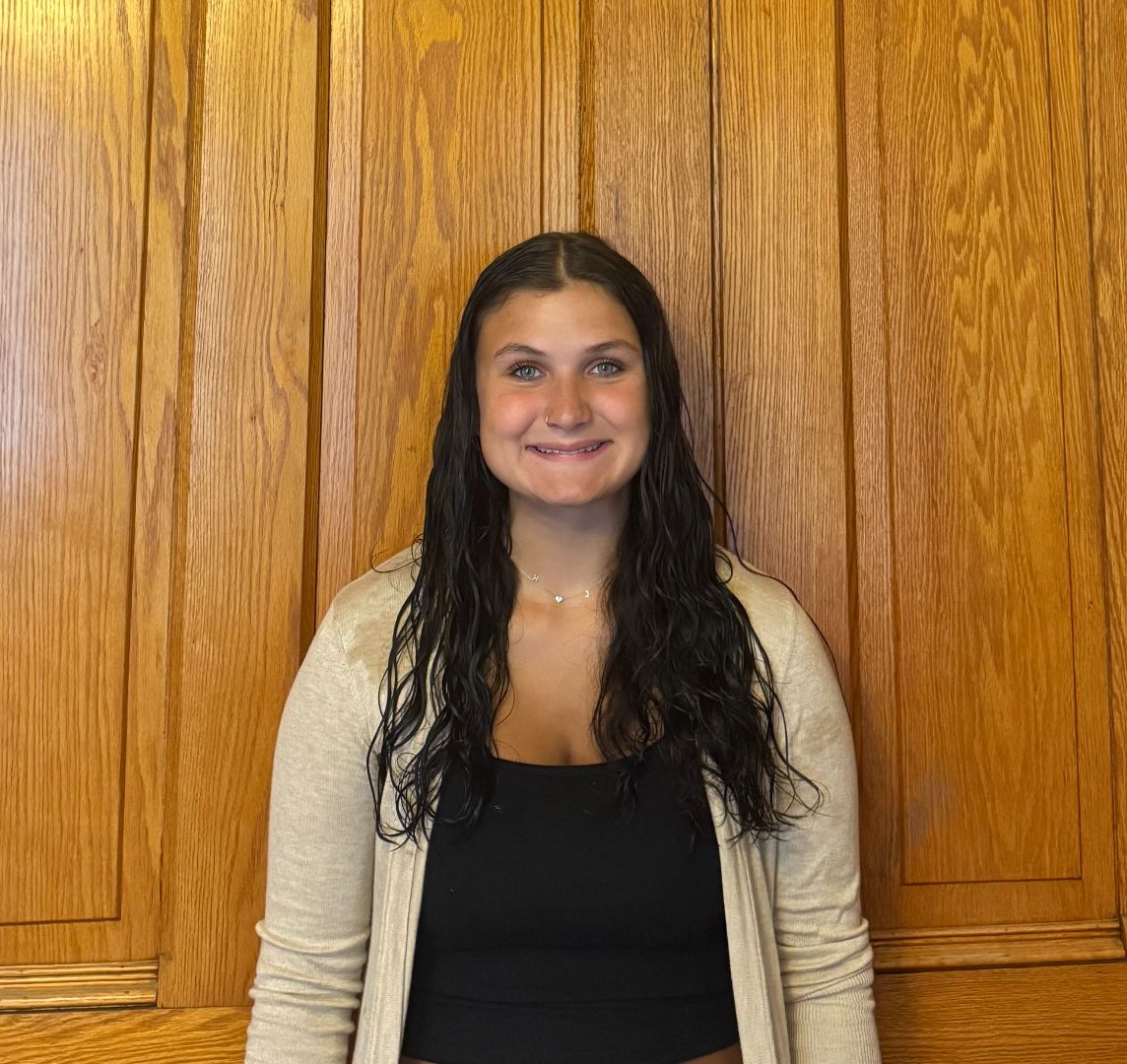This essay was written by Jaeden Wetzel in response to the 2025 Global Voices Essay Contest. Jaeden was awarded second place for this entry.

I was twelve when it all started. My dad had always been the fun one. He was goofy and loud, always joking around and making weird voices just to get me to laugh. Even after the divorce, he stayed involved. He came to my soccer games, helped me with homework, and made pancakes when I visited his apartment. He didn’t feel “divorced dad” to me. He still felt like dad. But then came brain cancer. It started with weird things. He’d forget simple stuff—where he put his keys, what day it was, names of people we both knew. At first, I thought he was just tired. But then he forgot my name. He looked straight at me and said, “Have we met?” I laughed, but I was scared. That wasn’t my dad. That was someone else in his body. Things got worse fast. He had trouble walking. He couldn’t hold a conversation. Sometimes he’d cry out of nowhere or get angry and not even know why. He couldn’t take care of himself. He needed nurses, medication, and help with basic things like using the bathroom or brushing his teeth. That’s when I realized I wasn’t just losing my dad physically. I was losing everything about him. His personality, his jokes, his memory. All the things that made him who he was were disappearing.
After that, my time with him wasn’t like it used to be. It wasn’t sleepovers and pancakes. It was sitting quietly in a hospital room, holding his hand, and hoping he remembered who I was that day. He didn’t always. Sometimes he thought I was my mom. Sometimes he didn’t talk at all. But I kept showing up.
My friends didn’t really get it. I didn’t know how to explain it to them. What was I supposed to say? “Yeah, I’m sad because my dad is alive but also kind of gone”? They were dealing with normal middle school problems like math tests and who liked who. I was dealing with watching my dad fall apart in slow motion. But even though I felt alone, I started finding small connections with people I never expected. One day in class, we were talking about our biggest fears. I said, “Watching someone you love disappear.” A boy in my class looked at me and said, “That happened to my grandpa. He had Alzheimer’s.” That moment stuck with me. For the first time, someone understood without me having to explain every detail.
After that, I started noticing other people’s pain more. I started being more patient. I sat with the kid who usually ate lunch alone. I offered to help a girl who cried after getting a bad grade. I didn’t feel sorry for them; I just got it. Because I knew what it felt like to lose something big and still must show up to school like everything was fine.
My dad passed away the day before I started my sophomore year. By then, he barely talked. He barely moved. But I was still there, holding his hand. I never got a goodbye where he said my name or told me he loved me. But I think, somewhere deep down, he still knew. And I knew that even though I lost him in almost every way, I found new parts of myself, stronger parts. Kinder parts.
People think loss is only about endings. But sometimes it’s also about beginnings. I lost the dad I knew. I lost the way things used to be. I lost the idea that everything would go back to normal. But I gained something else. I gained empathy. I gained new relationships. I gained the ability to sit with people in their pain instead of running away from it. Loss took a lot from me, but it also gave me something unexpected: unity. With people, with family, and even with myself.